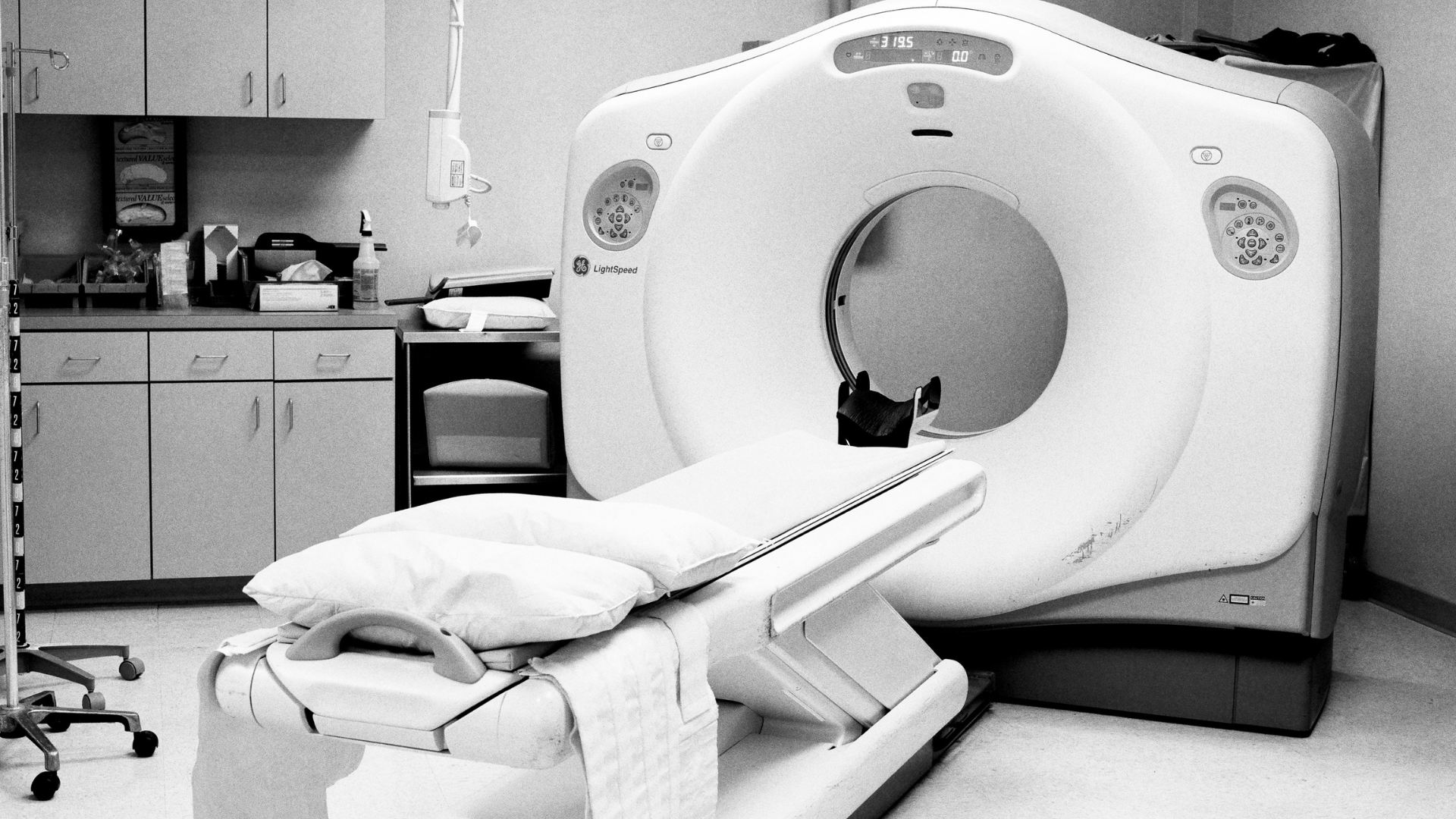Ensuring that your brain functions at its best is not a straightforward task. Problems originating in the brain can manifest in other areas of the body due to the complexity of our nervous systems.
Additionally, it’s crucial to note that issues such as arteriovenous malformations or brain tumors found in the brain can be life-threatening, requiring urgent medical attention. Doctors may suggest treatments such as the gamma knife, radiation therapy, or medications to address these conditions.
Keep in mind that in the case of such illnesses, early identification can significantly reduce the associated risks. Therefore, if you suspect an issue with your brain, do not hesitate to consult a doctor promptly.
Following an initial evaluation, your doctor will conduct diagnostic tests to understand the status of your brain and its impact on your overall health.
Today, we will delve into how brain health can be assessed, offering tips on maintaining a happy and healthy brain.

Diagnostic Tests For Brain Health Conditions
If your doctor prescribes an advanced diagnostic test for you, then they may either be one of these below or multiple to completely check brain health.
Balance Tests
These types of tests will include things such as:
- Posturography – measures and assesses a patient’s balance function using a computer platform.
- Otolith Tests – tilting the head from side to side, reading the eye movements.
- Rotary Chair Tests – a mid-frequency test of vestibular function, the patient’s eyes will need to be open for this.
Biopsy
Tissue will be removed to check for any abnormalities. This may be done if the patient has a tumor and it is suspected to be cancerous, or on muscle tissue if a condition like muscular dystrophy is questioned.
Blood Tests
These kinds of tests are important as they will notify the doctor if the patient has abnormal levels of hormones, blood cells, or any other red flags that show disease.
Genetic and DNA testing may be done to see if they have anything hereditary in their genes.
CT Scan
This is for taking detailed pictures of the head with the use of a special dye injected into the body to see the head and neck a lot more clearly. It’s readily available at any clinic that offers medical imaging in Millburn, NJ, or anywhere else in the country. This type of scan is used often as a means of determining initial diagnoses in patients before doctors feel the need to get invasive.
Electromyography
This records the electrical activity in your muscle tissue to help diagnose muscular dystrophy.
Diagnostic angiogram
Using a catheter, the doctor will take a look and see if there are abnormalities in the blood vessels using X-rays and time-lapse photography.
Memory Screening Test
If a patient is showing signs of Dementia or Alzheimer’s Disease, such as memory loss issues and other contributing factors, then they will go through a memory screening test to see what levels of cognitive impairment they may have. In cases where a patient is experiencing cognitive challenges, implementing home care solutions can be crucial in providing effective client care. Integrating remote monitoring into client care enables caregivers to keep a close watch on the patient’s health and well-being, especially in cases where memory-related conditions are prevalent. Through advanced technologies and thoughtful approaches to elderly care, caregivers can learn about memory care in seniors, tailor their strategies to address specific cognitive needs and implement proactive measures to enhance the patient’s overall well-being.
Polysomnogram
This test will help with diagnosing sleep disorders by recording information such as heart rate, eye movements, brain waves, oxygen levels, leg and body movements, sounds made when sleeping, and so on.
So if it does turn out that you have a sleep disorder, then these tests will determine what that could be and how you can make them better or manage them.
Neuropsychological Testing
This will measure the severity of memory and cognitive dysfunction in the brain which can happen in individuals who have epilepsy.

How to Keep The Brain Healthy
Brain health is essential for maintaining a good quality of life. And it is important that there is adequate mental stimulation to keep brain activity at an optimal level. Many, including the elderly, seek living options in memory care senior living facilities to ensure that they are cared for and assisted when needed, so that they can have good quality of life. This form of care also extends to the option of availing at-home care, which can be a great choice in case the patient decides to stay at home. Through a tailor-made care plan, patients with illnesses such as dementia can be better cared for, factoring in exercise and maintenance of good health, which thereby contributes to a better and more fulfilling life.
Here are some ways that you can help the brain remain healthy or strong as you age.
Make Sure You Have Enough Social Interaction
Social interaction can ward off stress and depression in people which has the potential to cause memory loss, so try and connect with loved ones such as friends and family as much as possible to strengthen your brain health.
Keep Blood Vessels Healthy
Your heart health is incredibly important, and to make sure that everything is running smoothly inside you should get your blood pressure checked regularly as well as your blood sugar and cholesterol.
Avoid red meat and adopt a Mediterranean diet, as eating fruit and vegetables as well as whole grains and healthy fats will reduce the risk of causing your blood pressure to rise again as well as bring down the potential issue of a stroke or diabetes.
Exercise as Much as Possible
Keeping your body healthy is very important when it comes to keeping your brain healthy.
Doing daily exercise will boast a lot of benefits that will not only support your body and brain but mentally help you as well.
You are less likely to show a decline in mental function which means warding off diseases such as Alzheimer’s Disease and Dementia.
Try and aim for around 30 to 60 minutes of exercise per week to get your recommended amount in. You don’t need to do elaborate and high-octane workouts, you can do walking, running, cycling, and swimming to get your fix.
Just make sure that you do things that will keep your heart pumping and help keep your body fit.
Make Sure You Sleep Enough
Sleep is very important in keeping our bodies healthy, with a limited amount of sleep you can feel incredibly groggy, and unwell, and it can cause you to gain weight.
But, one of the worst things about not sleeping enough or having good sleep hygiene is that your brain health can take a knock which will have an effect on other areas of your life too.
Try and get around 7 to 9 hours of sleep a night and make sure that you are sleeping in the right conditions such as turning off or putting away your phone a few hours before you go to bed as the blue light can keep you up, making your room as dark as possible to calm your brain down, and keeping your room at a cool temperature so you don’t feel hot and bothered as you try and fall asleep.
If you think that you may have a sleep condition such as sleep apnea, then it is important that you go to your doctor to discuss with them diagnostic tests and see what else you can do to help yourself get a good night’s sleep.
Eat Healthy
Eating healthy can do wonders for your body and your brain.
Having a diet with mainly fruits and vegetables as well as enough protein and complex carbohydrates to help you get your macros in will benefit you greatly.
Foods that are high in saturated fats and trans fats can be detrimental to your health as can a high intake of red meat, so try and reduce that as much as possible and focus on eating foods that will benefit your brain and your body without making you feel sluggish or giving you a midday sugar crash.
Healthy fats can help your cells to function correctly, potentially decrease the risk of coronary artery disease, increase mental focus, and help reduce cognitive decline.

Conclusion
Knowing how to check brain health is very important as you need to be aware of what can happen to your brain and what steps you will need to take if there is an issue.
Your doctor will be able to talk you through everything when the time comes and they should be able to help keep you calm and show you what you will need to do and what will happen when the results come through.
If you suspect that there is an issue with your brain and you are worried, always go and have it checked out to ease your mind.
Putting it off constantly or thinking that it will just go away is not going to help you at all and you could be masking something that is serious and does need to be looked at.
It can be difficult to take that first step, but speak to friends and family and get them to come with you to your appointment so you have that support there if you need it, you don’t have to go through it alone and it could turn out to be an issue that isn’t serious, you never know which is why you have to check.
